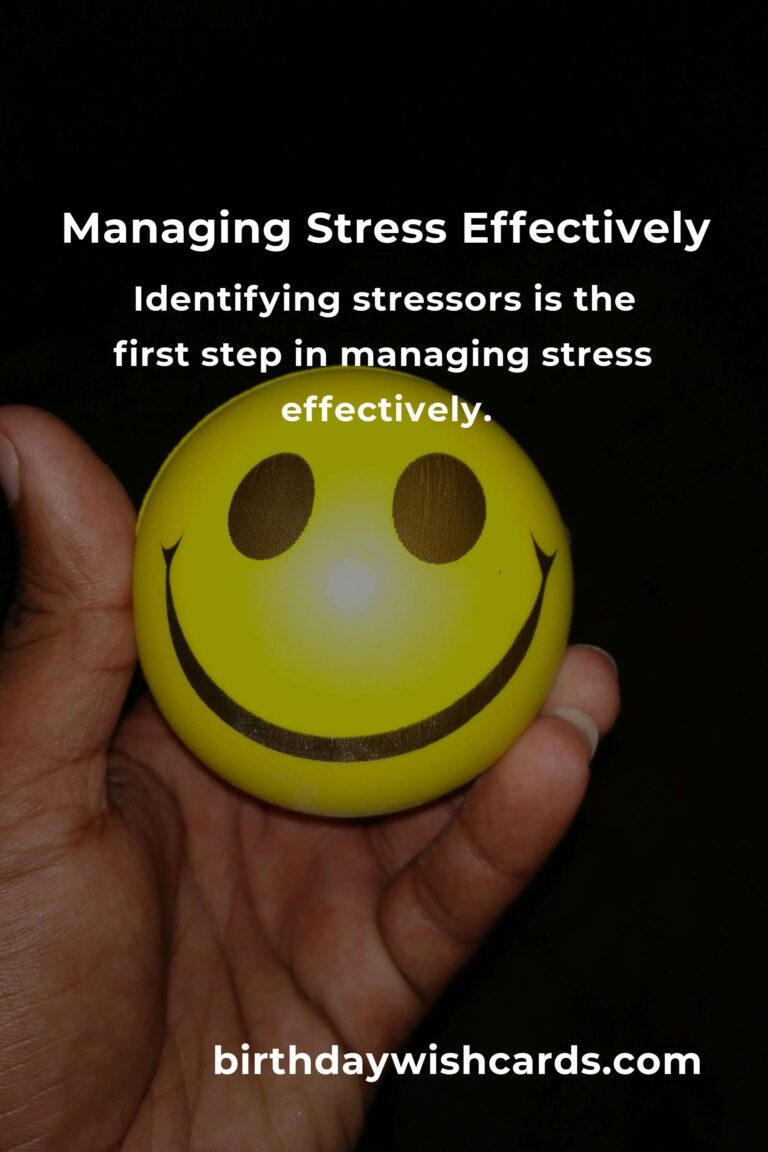
Stress is an inevitable part of life that can have significant effects on our physical and mental well-being. Learning how to manage stress effectively is crucial for maintaining a healthy lifestyle. In this article, we will explore the basics of stress management, including identifying stressors, understanding the body’s response to stress, and implementing effective techniques to reduce stress levels.
Identifying Common Stressors
Stressors are the events or conditions in your environment that trigger stress. Common stressors include work-related pressures, financial difficulties, relationship problems, and major life changes. Recognizing these stressors is the first step in managing stress effectively.
It’s important to keep a stress diary to track what causes stress in your life. By identifying patterns, you can begin to understand which situations or people trigger your stress response and develop strategies to address them.
Understanding the Body’s Response to Stress
When we encounter stress, our body responds with a ‘fight or flight’ reaction. This response results in the release of hormones like adrenaline and cortisol, which prepare the body to react to the perceived threat. While this reaction is helpful in short bursts, prolonged stress can lead to health issues such as heart disease, depression, and anxiety.
Being aware of physical symptoms such as increased heart rate, muscle tension, and fatigue can help you recognize when you are stressed and take steps to manage it.
Effective Stress Management Techniques
There are numerous stress management techniques that can help reduce stress and improve overall well-being. These include:
- Exercise: Physical activity boosts the production of endorphins, chemicals in the brain that act as natural painkillers and mood elevators.
- Meditation and Mindfulness: Practicing mindfulness and meditation can help calm the mind and reduce stress by promoting relaxation and enhancing focus.
- Deep Breathing Exercises: Simple breathing exercises can help activate the parasympathetic nervous system, which counteracts the stress response.
- Time Management: Organizing your time effectively can help reduce the feeling of being overwhelmed by responsibilities.
- Social Support: Talking to friends or family members can provide comfort and help you gain perspective on stressful situations.
Conclusion
Managing stress is an essential skill that can greatly improve your quality of life. By identifying stressors, understanding the body’s stress response, and implementing effective stress management techniques, you can reduce stress and enhance your overall well-being. Remember, it’s important to take proactive steps to manage stress before it becomes overwhelming.
Stress is an inevitable part of life that can have significant effects on our physical and mental well-being. Identifying stressors is the first step in managing stress effectively. The body’s ‘fight or flight’ reaction to stress results in the release of hormones like adrenaline and cortisol. Effective stress management techniques include exercise, meditation, deep breathing exercises, time management, and social support. Managing stress is an essential skill that can greatly improve your quality of life.
#StressManagement #MentalHealth #Wellbeing













